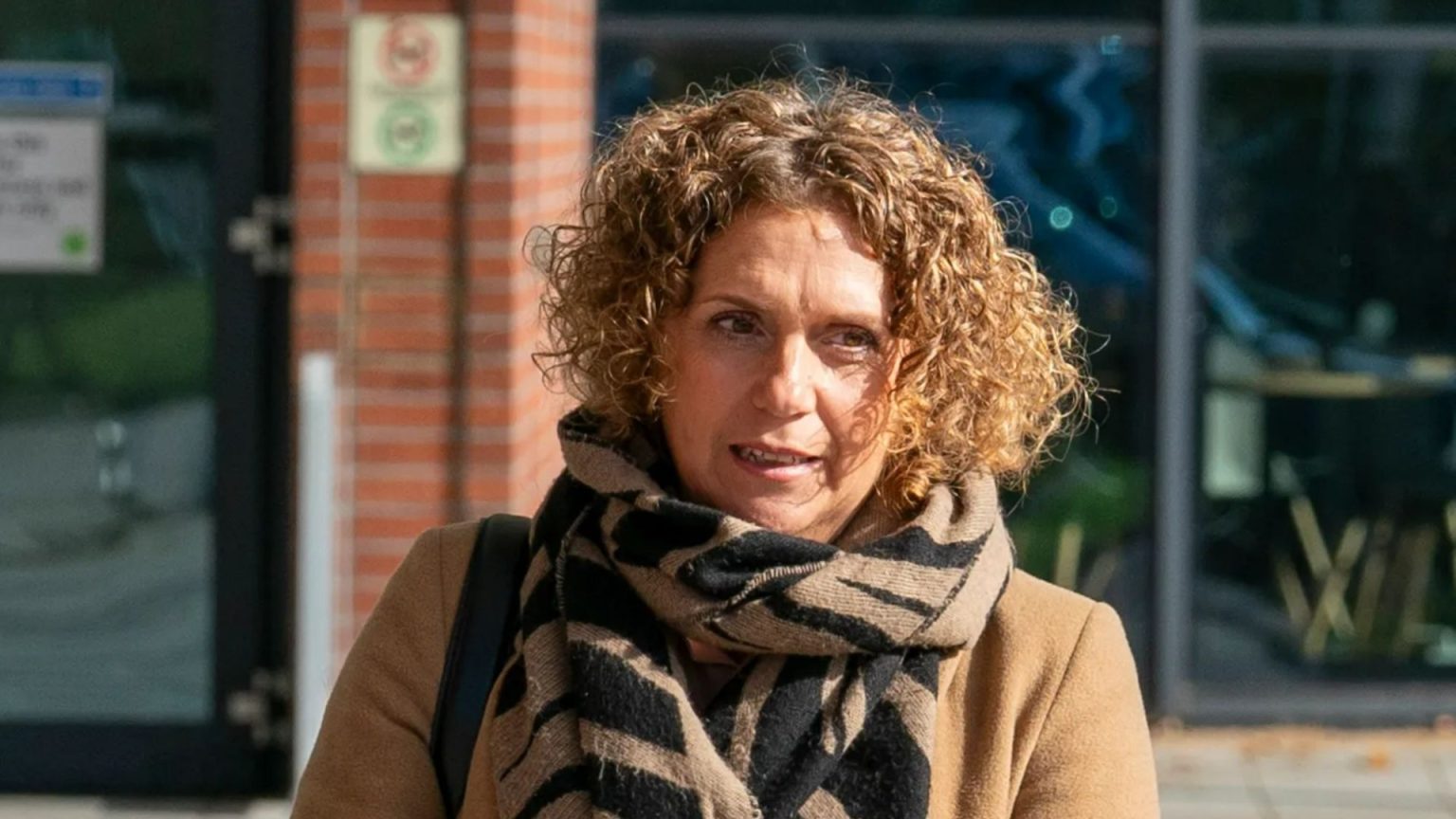The reputation of Hannah Ingram-Moore, daughter of the late Captain Sir Tom Moore, continues to be tarnished by a series of financial and ethical controversies. Her business, Club Nook, established to manage her father’s commercial interests and intellectual property, has virtually collapsed, reporting only £149 in current assets, a drastic decline from the previous year’s £336,300. This financial downturn coincides with her failure to sell her £2.25 million seven-bedroom property in Marston Moretaine, Bedfordshire, despite attempting to leverage her father’s name and image in marketing materials. The property, which was listed for ten months before being removed from the market, featured prominently a statue of Captain Tom and highlighted his fundraising efforts during the pandemic in its description, a move seen by some as exploiting his legacy for personal gain.
The financial woes follow a series of damaging revelations about Ingram-Moore and her husband, Colin. They were disqualified as charity trustees following a Charity Commission investigation that uncovered “repeated instances of misconduct and/or mismanagement” related to the Captain Tom Foundation. The inquiry centered on payments made to companies linked to the couple. Further compounding their troubles, an “unauthorised” luxury spa complex built on their property was demolished after being deemed illegal by the Planning Inspectorate. The spa’s construction, initially justified as supporting the foundation’s charitable objectives, raised questions about the couple’s use of funds and adherence to regulations.
The Ingram-Moores’ actions have drawn widespread criticism and tarnished the legacy of Captain Tom, who became a national hero during the first COVID-19 lockdown by raising £39 million for the NHS through his sponsored walks. His daughter and son-in-law’s subsequent actions, perceived by many as self-serving and exploitative, have cast a long shadow over the positive impact of his fundraising efforts. The contrast between Captain Tom’s altruism and his family’s alleged financial impropriety has further fueled public disapproval.
The Ingram-Moores’ financial difficulties extend beyond the failed business and unsold property. Reports indicate that their consultancy firm, Maytrix Group, claimed significant sums in furlough money and COVID-19 loans despite recording healthy profits during the pandemic. Hannah Ingram-Moore also faced scrutiny for receiving an £18,000 payment to attend the Captain Tom awards, of which she only donated £2,000 back to the foundation. These financial dealings, coupled with the spa controversy and the Charity Commission investigation, have painted a picture of the couple prioritizing personal gain over the charitable cause their father championed.
The fallout from these controversies has been significant. The Captain Tom Foundation ceased accepting donations, and the family’s attempts to profit from Captain Tom’s image have been met with public backlash. Neighbors have expressed anger over the tarnishing of his name, and the family’s once-celebrated status has been replaced by widespread disapproval. The Ingram-Moores’ attempts to distance themselves from their past actions have been met with skepticism, and their future endeavors will likely be scrutinized in light of their past conduct.
The story of Hannah Ingram-Moore and her husband serves as a cautionary tale about the potential for reputational damage and financial ruin when personal gain is prioritized over ethical considerations, especially in the context of charitable endeavors. Their actions have not only impacted their own lives but have also undermined the legacy of a national hero, leaving a lasting stain on the inspiring story of Captain Tom. The public’s disillusionment underscores the importance of transparency and accountability in charitable work and the enduring power of public perception in shaping legacies.


